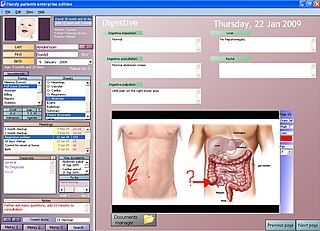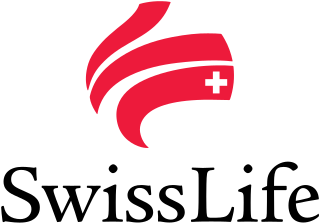ECM may refer to:
ECM may refer to:
EEC is the European Economic Community, a regional organisation that existed from 1958 to 1993.
Development or developing may refer to:
ECC may refer to:
SEM can refer to:
Market risk is the risk of losses in positions arising from movements in market variables like prices and volatility. There is no unique classification as each classification may refer to different aspects of market risk. Nevertheless, the most commonly used types of market risk are:
IEM can refer to:
RS may refer to:

A navigator is the person on board a ship or aircraft responsible for its navigation. The navigator's primary responsibility is to be aware of ship or aircraft position at all times. Responsibilities include planning the journey, advising the ship's captain or aircraft commander of estimated timing to destinations while en route, and ensuring hazards are avoided. The navigator is in charge of maintaining the aircraft or ship's nautical charts, nautical publications, and navigational equipment, and they generally have responsibility for meteorological equipment and communications. With the advent of satellite navigation, the effort required to accurately determine one's position has decreased by orders of magnitude, so the entire field has experienced a revolutionary transition since the 1990s with traditional navigation tasks, like performing celestial navigation, being used less frequently. Using multiple independent position fix methods without solely relying on electronic systems subject to failure helps the navigator detect errors. Professional mariners are still proficient in traditional piloting and celestial navigation.
Erf or ERF may refer to:

An electronic health record (EHR) is the systematized collection of patient and population electronically stored health information in a digital format. These records can be shared across different health care settings. Records are shared through network-connected, enterprise-wide information systems or other information networks and exchanges. EHRs may include a range of data, including demographics, medical history, medication and allergies, immunization status, laboratory test results, radiology images, vital signs, personal statistics like age and weight, and billing information.
Enterprise content management (ECM) extends the concept of content management by adding a timeline for each content item and, possibly, enforcing processes for its creation, approval and distribution. Systems using ECM generally provide a secure repository for managed items, analog or digital. They also include one methods for importing content to bring manage new items, and several presentation methods to make items available for use. Although ECM content may be protected by digital rights management (DRM), it is not required. ECM is distinguished from general content management by its cognizance of the processes and procedures of the enterprise for which it is created.

A cadastre or cadaster is a comprehensive recording of the real estate or real property's metes-and-bounds of a country. Often it is represented graphically in a cadastral map.
The following outline is provided as an overview of and topical guide to business:

The Swiss Life Group is the largest life insurance company of Switzerland and one of Europe’s leading comprehensive life and pensions and financial services providers, with approximately CHF 276.3 bn of assets under management. Founded in 1867 in Zurich as the Schweizerische Lebensversicherungs und Rentenanstalt cooperative, the company entered the Swiss stock market in 1997 and adopted its current name in 2002. In 2021 the group declared an adjusted profit from operations of CHF 1.81 billion, a 15% decrease compared to the previous year. Net profit increased by 20% to CHF 1.3 billion. Swiss Life is one of the twenty companies listed under the Swiss Market Index, as SLHN.

The Digifant engine management system is an electronic engine control unit (ECU), which monitors and controls the fuel injection and ignition systems in petrol engines, designed by Volkswagen Group, in cooperation with Robert Bosch GmbH.
An energy service company (ESCO) is a company that provides a broad range of energy solutions including designs and implementation of energy savings projects, retrofitting, energy conservation, energy infrastructure outsourcing, power generation, energy supply, and risk management.
Control is a function of management which helps to check errors in order to take corrective actions. This is done to minimize deviation from standards and ensure that the stated goals of the organization are achieved in a desired manner.
Cea or CEA may refer to:
In economics and finance, the price discovery process is the process of determining the price of an asset in the marketplace through the interactions of buyers and sellers.

Founded in 1996, DocStar is a software company that provides document management software, enterprise content management, accounts payable automation programs, and electronic forms, available on-premises or as a cloud-hosted service in the SaaS model. Features include document control, records management, document imaging, intelligent data capture, invoice processing, workflow and business process automation. DocStar software integrates with third-party business applications.